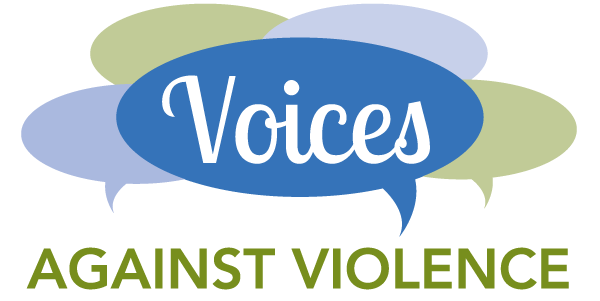What is stalking?
While legal definitions of stalking vary from one jurisdiction to another, a good working definition of stalking is a course of conduct directed at a specific person that would cause a reasonable person to feel fear.
Stalking is serious, often violent, and can escalate over time.
Some things stalkers do:
- Follow you and show up wherever you are.
- Send unwanted gifts, letters, cards, or e-mails.
- Damage your home, car, or other property.
- Monitor your phone calls or computer use.
- Use technology, like hidden cameras or global positioning systems (GPS), to track where you go.
- Drive by or hang out at your home, school, or work.
- Threaten to hurt you, your family, friends, or pets.
- Find out about you by using public records or online search services, hiring investigators, going through your garbage, or contacting friends, family, neighbors, or co-workers.
- Posting information or spreading rumors about you on the Internet, in a public place, or by word of mouth.
- Other actions that control, track, or frighten you.
If you are being stalked, you may:
- Feel fear of what the stalker will do.
- Feel vulnerable, unsafe, and not know who to trust.
- Feel anxious, irritable, impatient, or on edge.
- Feel depressed, hopeless, overwhelmed, tearful, or angry.
- Feel stressed, including having trouble concentrating, sleeping, or remembering things.
- Have eating problems, such as appetite loss, forgetting to eat, or overeating.
- Have flashbacks, disturbing thoughts, feelings, or memories.
- Feel confused, frustrated, or isolated because other people don’t understand why you are afraid
A stalker can be someone you know well or not at all. Most have dated or been involved with the people they stalk. Most stalking cases involve men stalking women, but men do stalk men, women do stalk women, and women do stalk men.
- 2/3 of stalkers pursue their victims at least once per week, many daily, using more than one method.
- 78% of stalkers use more than one means of approach.
- Weapons are used to harm or threaten victims in 1 out of 5 cases.
- Almost 1/3 of stalkers have stalked before.
- Intimate partner stalkers frequently approach their targets, and their behaviors escalate quickly
Source: National Center for Victims of Crime – Stalking Resource Center
Voices 24 Hour Hotline
Domestic Violence Hotline
Sexual Violence Hotline
